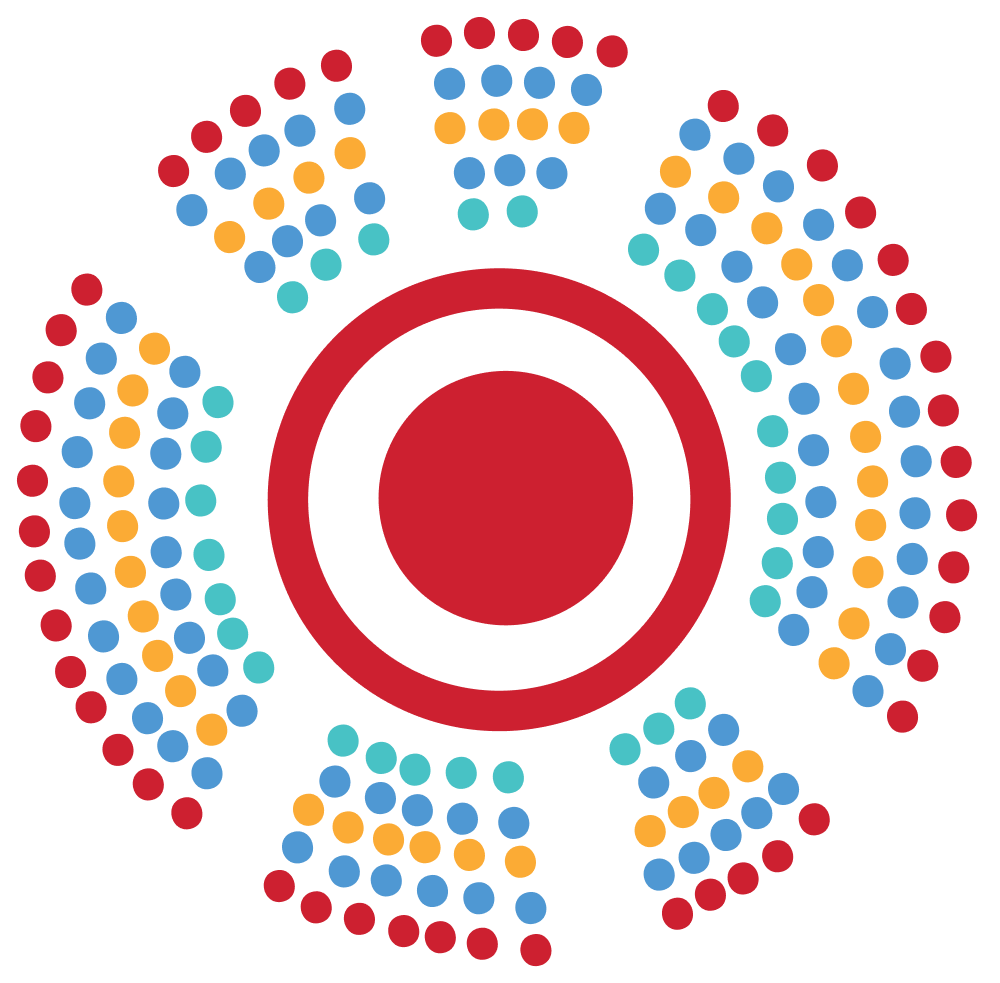Launch of My PreHab Collaboration Delivers a Healthier Path to Surgery
My PreHab is an innovative new program turning the wait time for planned elective surgery into a positive health opportunity.
Launched in June, My PreHab is being piloted at the Royal Adelaide and Queen Elizabeth Hospitals in the Central Adelaide Local Health Network (CALHN) for patients referred for hip or knee joint replacement surgery and non-urgent general surgeries such as hernia repairs.
According to project lead, Professor Jane Andrews from the CALHN Surgery Program, the My PreHab program will help support better outcomes for patients and the health system.
“About 20 per cent of people, that is one in five, experience post-operative complications,” Prof Andrews says.
“That leads to poor health outcomes for the individual, but it also doubles their length of stay in hospital, at a time when the strain on the hospital system is only increasing.
“Because the health system is over capacity, if we can improve access to care and evidence-based information at a low cost it is something we should be doing as soon as possible.“
The program has been developed using the Personify Care digital platform to ensure an easy-to-use patient pathway that invites participants to self-screen their overall health.
Once completed, a tailored care plan is generated that patients can take to their local GP who can provide extra advice and support on how they can monitor and improve their health.
The My PreHab website also provides links to evidence-based health information and services, outlining the influence of certain factors on surgical recovery and what can be done to reduce those risks.
“My PreHab gives patients a clear path to monitoring and improving their health in partnership with their general practitioners (GPs) and other health care professionals in the community, reducing their risk of avoidable post-operative complications, and in some cases, even prevent the need for surgery” Prof Andrews says.
The My Prehab program is supported by Health Translation SA (HTSA) and the Adelaide Primary Health Network (APHN) and received a grant of $190,000 from The Hospital Research Foundation to help fund the first year of the pilot program in general surgery and orthopaedic joint replacement.
The design and testing of My PreHab were project managed by HTSA and included extensive stakeholder engagement and a co-design process involving surgeons, hospital nurses and physicians, general practitioners, allied health professionals and people who had recently been through surgery.
Chief Executive Officer of HTSA, Wendy Keech, says the My PreHab project is a shining example of what collaboration can deliver.
“At HTSA we’re always keen to think about how things that are led and developed in a local health service can be scaled and done across the state,” Keech says.
“We want to see research brought into practice by helping make the links and connections that will make it easier for health services to embed research in what they do so that we can build the best health service for South Australia and the best service for patients and consumers."
“It is not a one size fits all approach, but it is about eliminating silos and ensuring that we share and collaborate where innovation can make a difference,” she says.
The collaboration and consultation evident in the development of the My PreHab project is just one example of how powerful this model of health translation can be.
“The APHN has been an important partner of the My PreHab project providing advice and helping to recruit GPs to ensure the project is suitably informed by primary health services,” Keech says
“As My PreHab is rolled out, we expect that strong collaboration will encourage the kind of feedback that provides ongoing opportunities to learn, improve and refine the program.”
CALHN My PreHab Clinical Manager, Ellie Bills says the roll out of the program will include opportunities to further refine the new platform by collecting feedback from consumers and GPs.
“We’re going to be listening to the experiences of patients and healthcare professionals who are involved and look at the uptake and response to the program, including whether any patients are able to avoid having surgery because of participating in the program,” Bills says.
“While we acknowledge that elective surgery wait-times for joint replacements are long, we see this extended timeframe as an opportunity to turn what is normally a very passive time in a patient’s surgical journey into an active one, and a time where they can be engaged in improving their health outcomes.”
For more information head to My PreHab or Health Translation SA.

